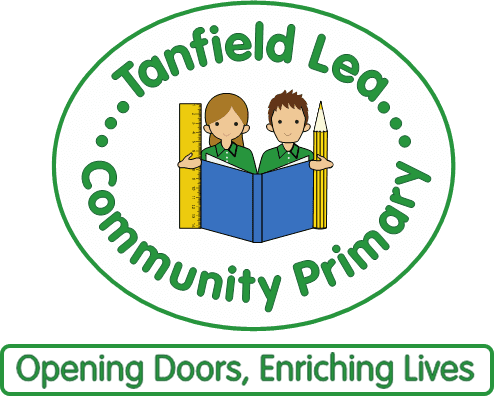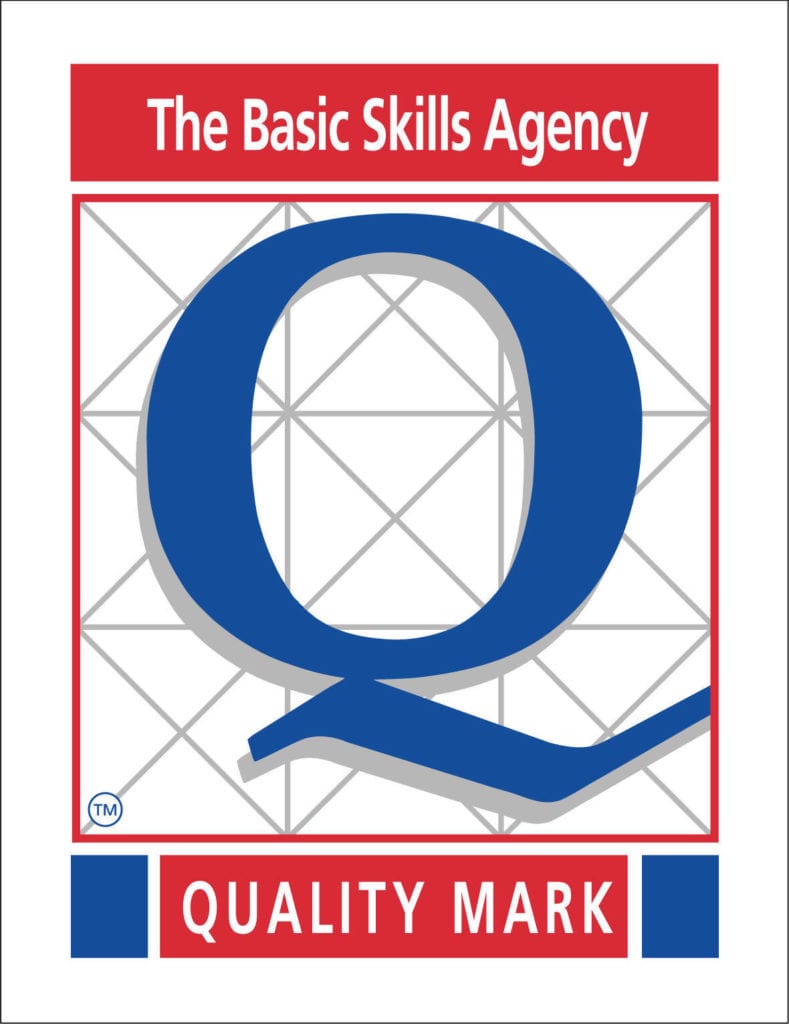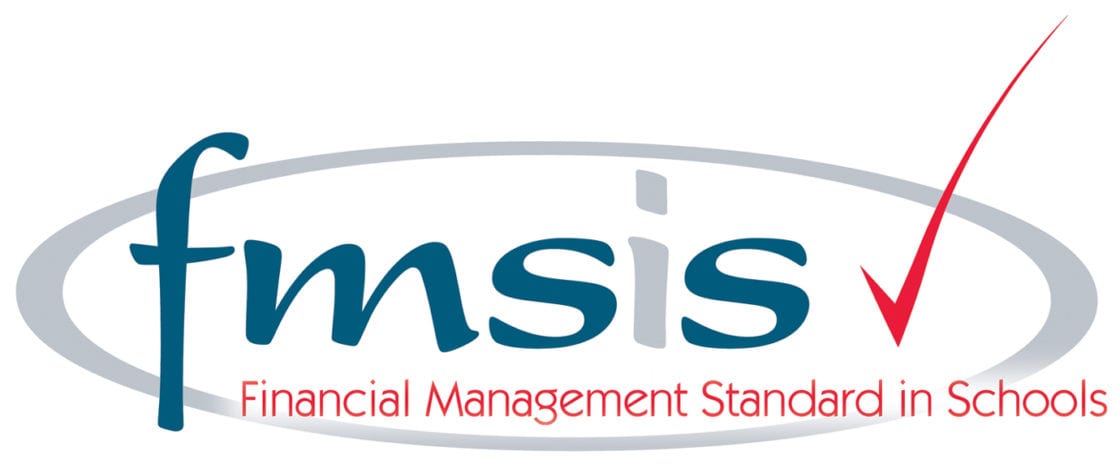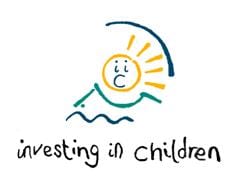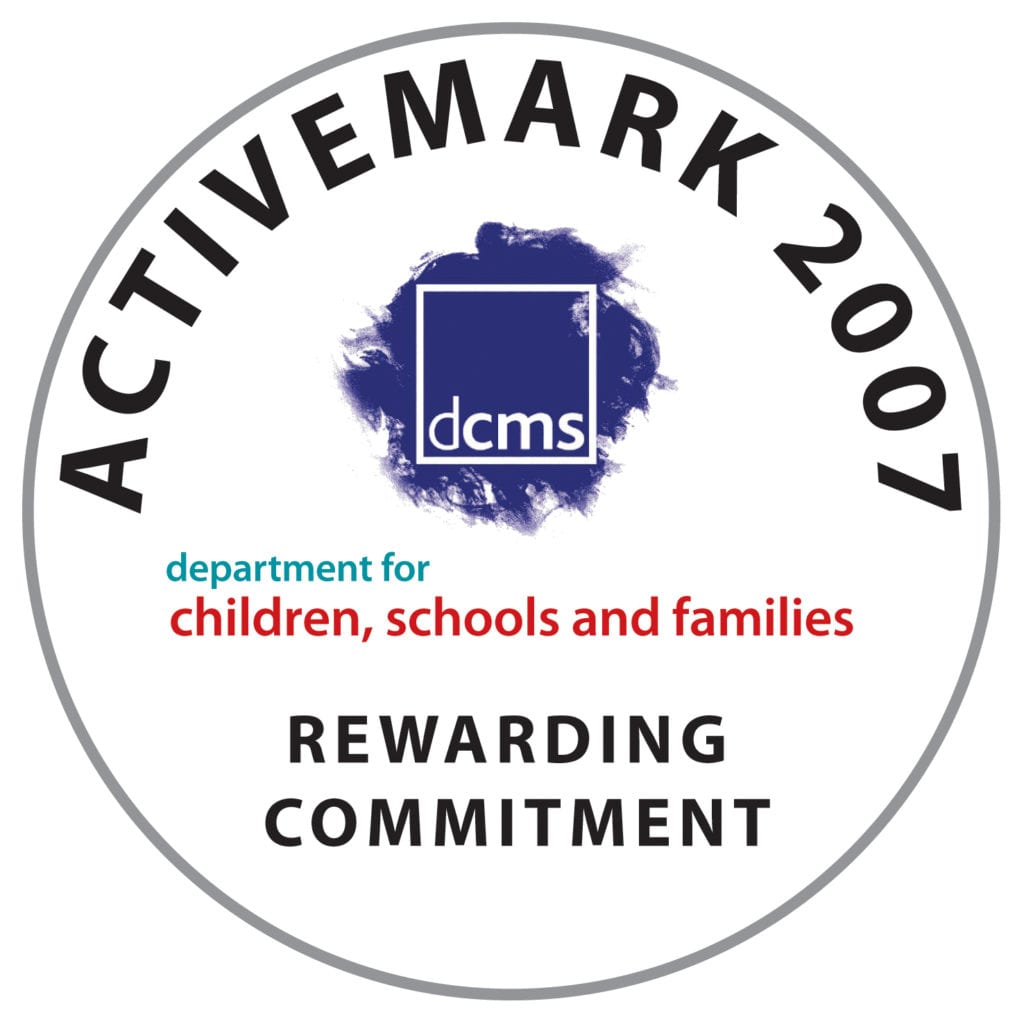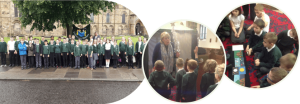
At Tanfield Lea Community Primary School we aim to provide children with the knowledge and understanding they need about a wide range of religions in order to promote respect and tolerance of other members of our community and the wider world. Our school is based in a predominantly white British area, where some children have little or no experience of religions beyond the beliefs within their own family. We want our children to challenge stereotypes of religions, cultures, beliefs and values of others that may be different to those that they have themselves. Our Religious Education curriculum provides our children with the opportunity to celebrate and explore diversity in a positive manner. We believe that it is crucial that our children develop their self-awareness, respect for others, open-mindedness, appreciation and wonder of the world in which we live. We will equip them with the skills they need to understand their own sense of identity and belonging in our society.
Religious Education is studied throughout our school, following the Durham LEA Agreed Syllabus. Topics cover the main world religions of Christianity, Buddhism, Hinduism, Judaism and Islam. The children consider the four key concepts of belief, impact of belief, authority and expressions of belief throughout these topics, leading to a wide understanding of the religions taught. They engage in well-resourced and differentiated lessons, developing their knowledge and understanding, critical thinking and personal reflection. In Early Years the children begin to encounter and explore some aspects of religious beliefs and practices, particularly focusing on belonging and special places, people, books, times and objects. Each half-termly unit in Key Stage 1 and 2 investigates a specific question. In Key Stage 1 the children are introduced to the main beliefs of Christianity and Buddhism. In Key Stage 2 the children then develop their knowledge and understanding of Christianity and Buddhism and also consider the beliefs and main features of Hinduism, Judaism and Islam. Also, the children in Key Stage 2 are given the opportunity to compare the similarities and differences between the main religions, reflecting upon which of the values they hold themselves.
We endeavour to enhance our curriculum by enabling the children to have first-hand experiences of the religions they are taught, by visiting places of worship, encouraging visitors from different religions to visit our school to talk about their beliefs and also through handling a variety of religious artefacts. We understand that as there are no places of worship within Tanfield Lea, many children within our school will have little or no experience of visiting such places or talking to people with different beliefs to their own and so we aim to broaden their understanding of world religions and promote tolerance and respect amongst the society in which we live. Our aim is to give children, including those with additional needs, first hand experiences of religions in order to deepen their understanding and consolidate the vocabulary they are taught through RE.
Subject coordinators evaluate if children are working at the required standard through work scrutinies, lesson observations, data analysis and discussion with colleagues.
In order that children are prepared for the next step in their education, the subject coordinator has developed the school’s curriculum progression map, attended Durham County Religious Education conferences to remain up to date with current matters, met with the Durham County Religious Education advisor to ensure that the topics taught are relevant, exciting and meaningful and supported teachers in their planning and resourcing of topics. The subject co-ordinator has also met with a member of teaching staff from our local secondary school to create a bridging unit for our children as they move to Key Stage 3.
Subject Area Progression Map
RE Curriculum Progression Document
Adobe Reader
You may need a product like Adobe Reader (free download) to view our PDF documents on our website.
